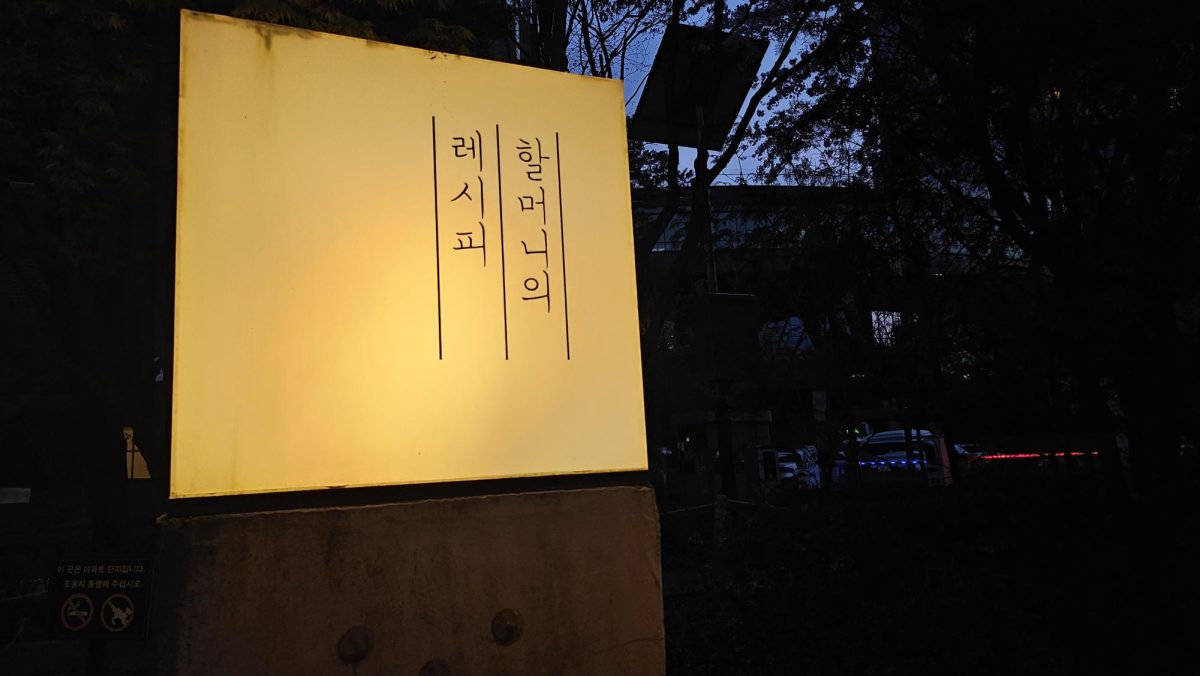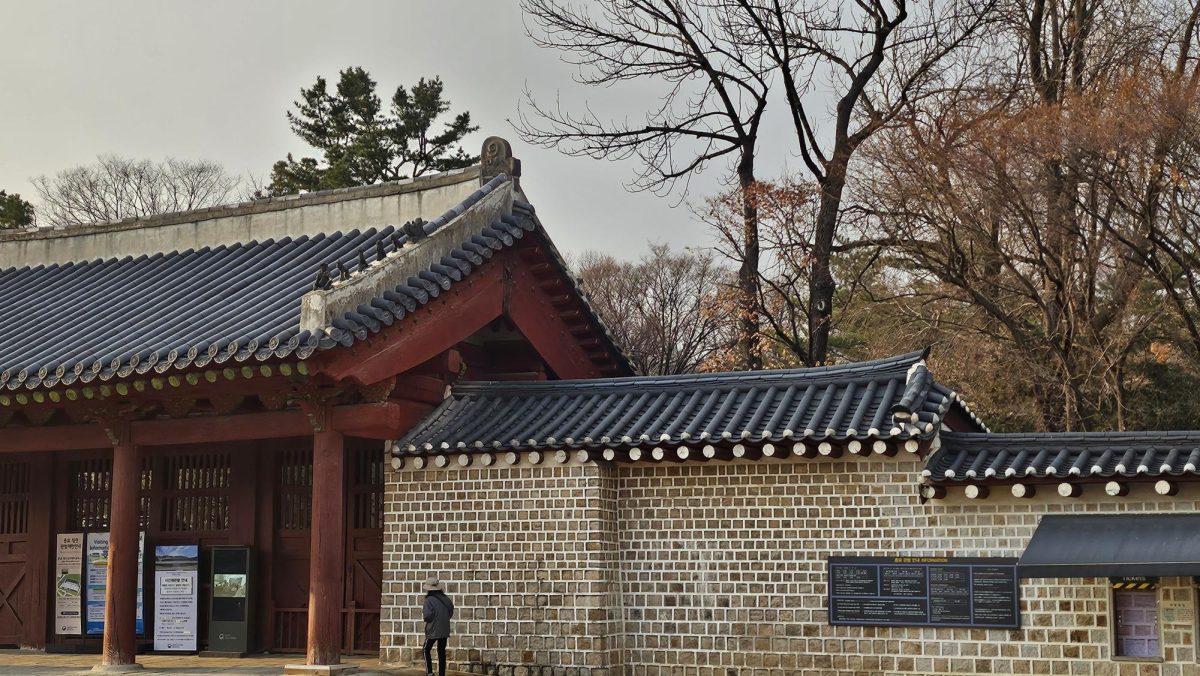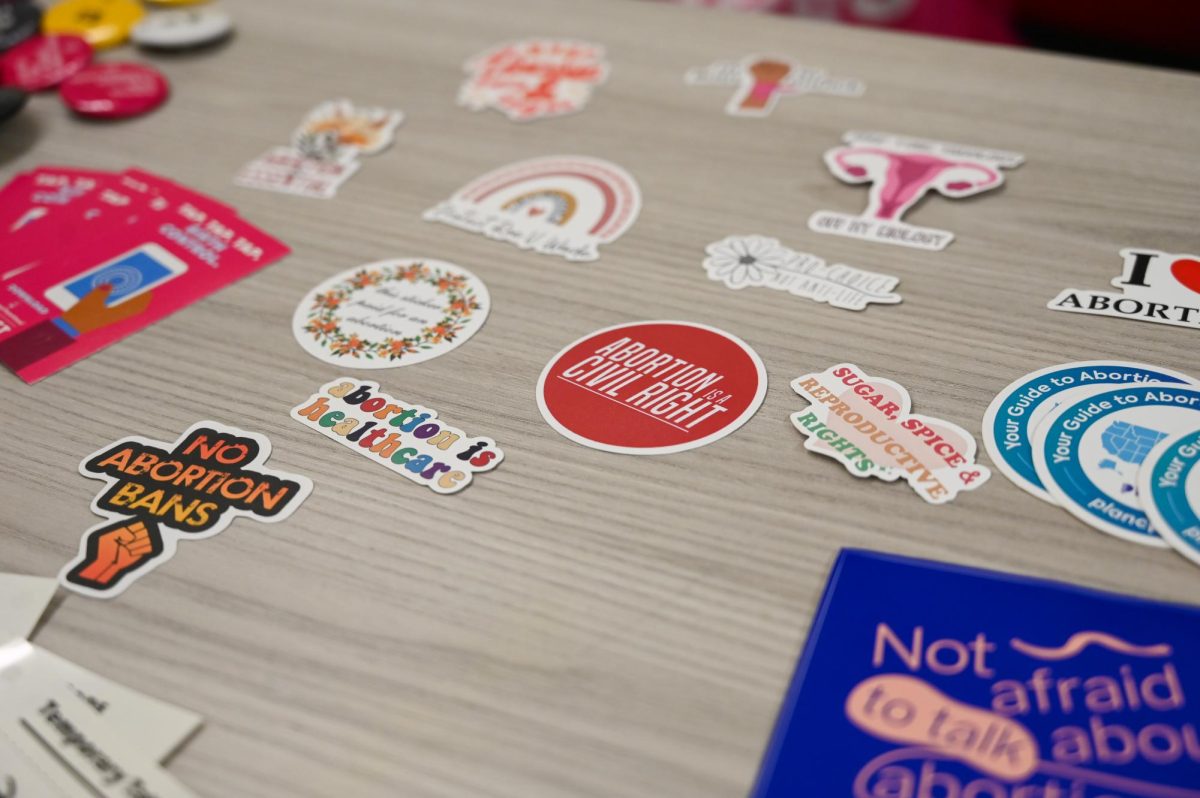
The spookiest part of the fall season at Stony Brook University is not Halloween, or even SpookyBrook: it is midterms. Here are some tips to make them less scary.
- Make sure you get enough sleep.
With dropping temperatures and higher fatigue and stress levels, respiratory illnesses can thrive. Aside from taking vitamins, specifically C and D, the best thing you can do to stay healthy is to get enough sleep. According to health experts, college students need seven to nine hours of sleep every night to prevent daytime drowsiness. If you do become sick, stay home and prioritize rest. Remember to cover your mouth when sneezing or coughing, to wear a mask and to avoid others if you do go in public areas. Remaining at home will not only speed up your recovery time but reduce the risk of infecting others. Getting enough sleep during midterm season is one of the best ways to keep yourself in tip-top shape for exams.
- Do not start new medications or supplements until you are sure how they affect you.
Energy drinks may seem like the answer to staying awake during marathon study sessions, but they can impose a lot of negative effects on your mind and bodily functions, especially if you are not used to them. This is also not the time to begin any new prescriptions, as they may have side effects. Also, avoid prescription drugs without a prescription, especially if they are not prescribed to you by a qualified doctor. They can wreak havoc on those unaccustomed and may even be illegal depending on the substance. If you need caffeine, stick to drinking tea or coffee.
- Take breaks.
This may sound counterproductive, especially if you have a lot of studying to do. However, taking a walk, talking to friends, sitting outside in nature or even checking in on your social media can give your brain a much needed recharge. Ultimately, taking breaks can give you more mental and emotional energy to study. They can help you remember things you have already learned and can also serve as an incentive to study.
- If you did not do well on an exam or a paper, do not beat yourself up.
Excessively dwelling on an already completed will only discourage your confidence. Talk to your professor if you are concerned about your grade, and see what you can do to improve. Also consider making a tutoring appointment, attending office hours and making the most of campus resources.
- Study in a way that works best for you.
Everyone is different when it comes to the studying techniques that either do or do not work for them. Take time to notice if you learn better alone, in groups or a combination of the two. Learn which methods of absorbing information work best for you. Are you an audio, visual, hands-on or combination learner? Do you work best under pressure or a minimally stressful, longer time frame? Find what works best, and use it to your advantage.
- Eat healthy and stay hydrated with water.
Junk food can be very appealing during midterm season, but make sure to give your body the nutrients it requires — do not exclusively eat candy and drink milkshakes. Guilty pleasure snacks are great once in a while, but try to consume a balanced diet. Drinking water is also a crucial component to maintaining proper nutrition and overall health. A healthy diet and hydration can help you stay focused and sharp, as your body functions better when its nutritional needs are met.
- Exercise.
You do not have to do 50 push-ups a day or frequently go to the gym. Just get your body moving, even by taking a brief walk around campus. This will stimulate your brain and give you some endorphins, improving your mood. Plus, exercising contributes to your overall health. Exercise is also a good way to clear your head and jump back into studying with a more refreshed mind.
Hopefully these tips will help you during your studies. Best of luck on your exams!

















